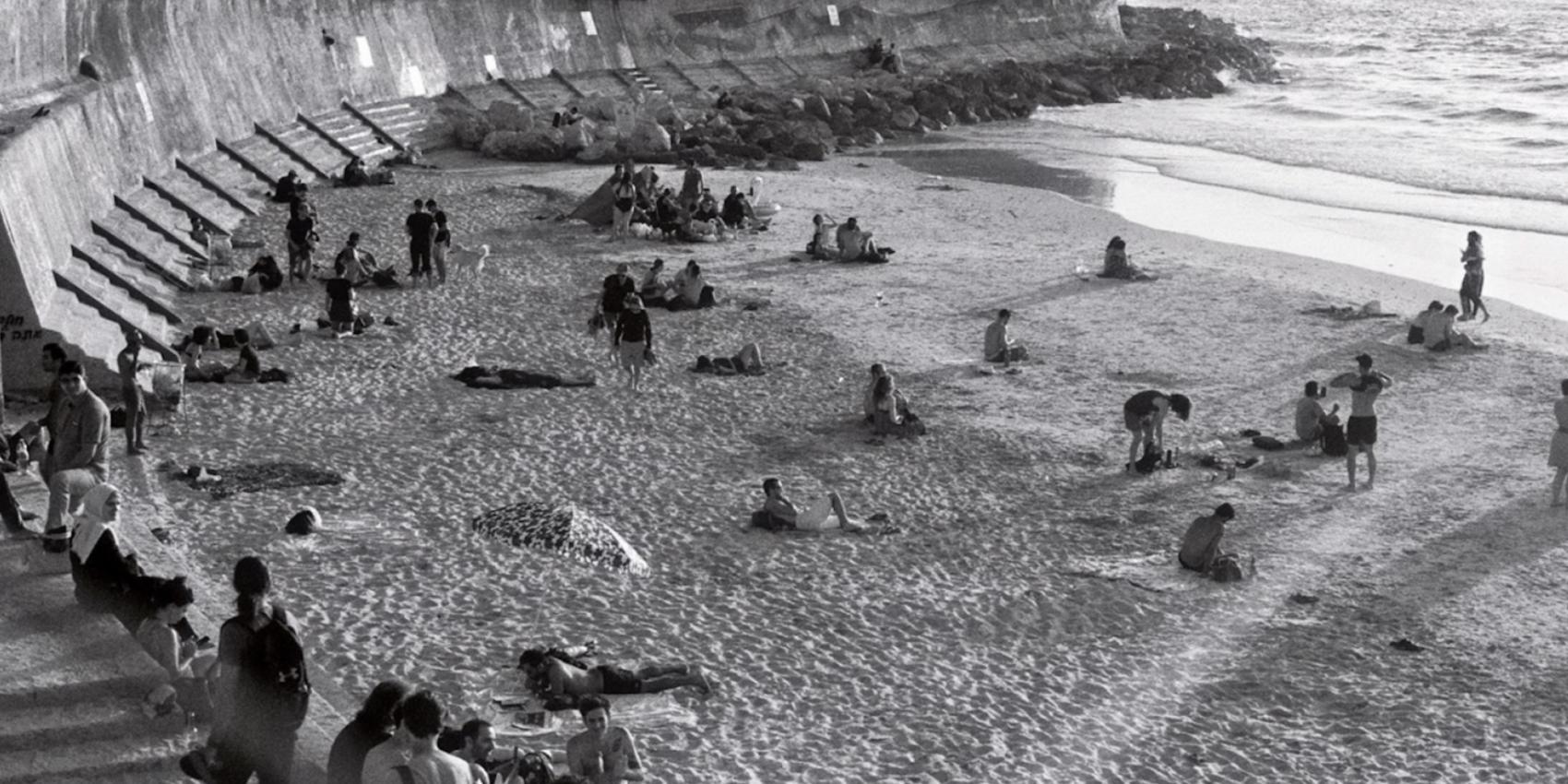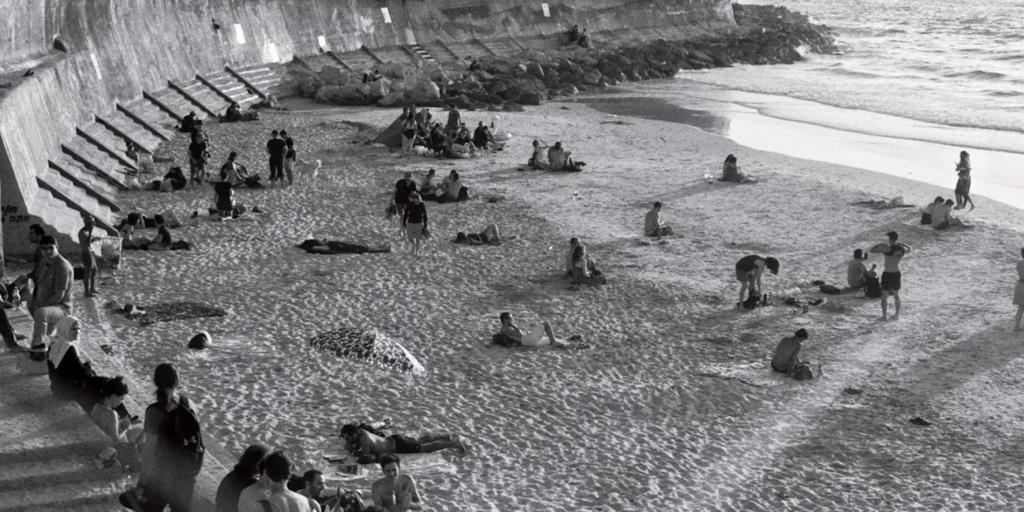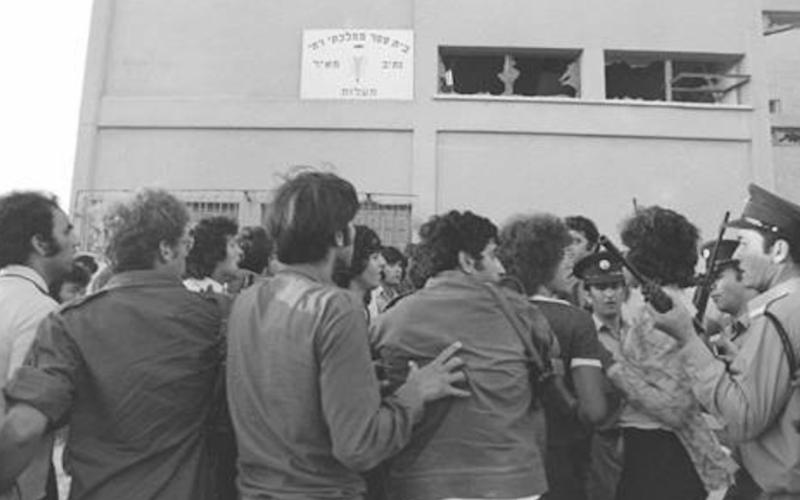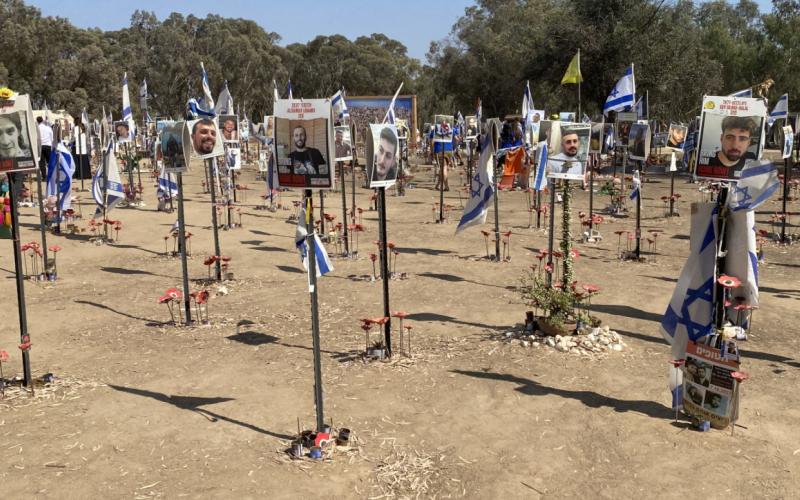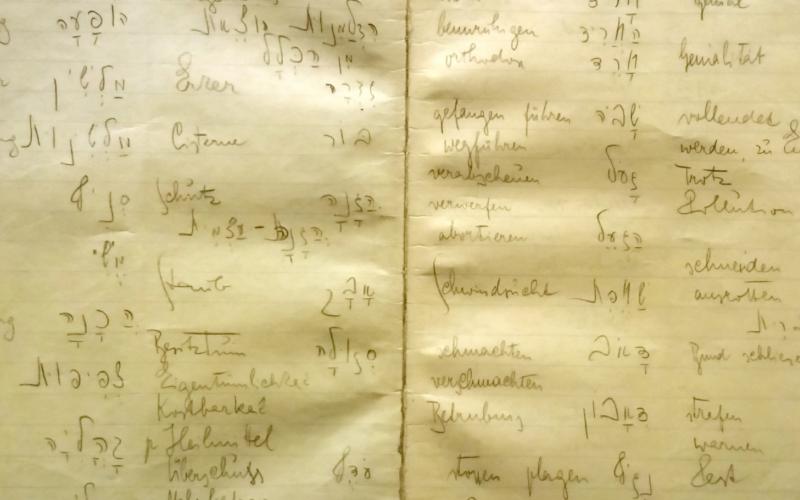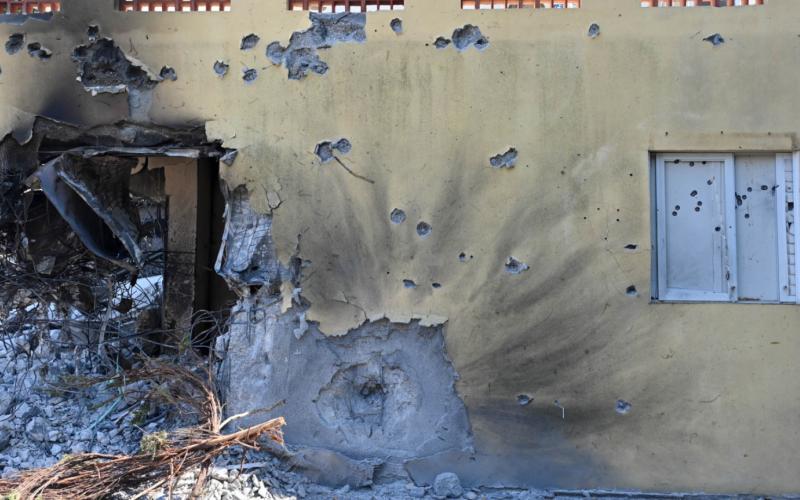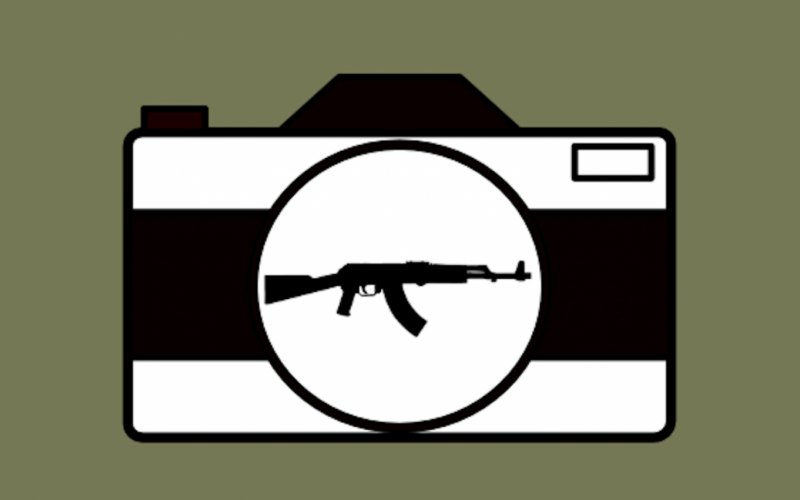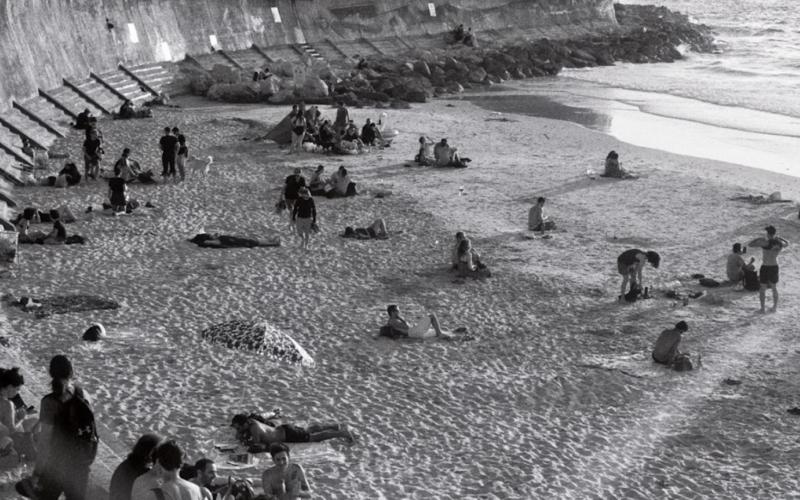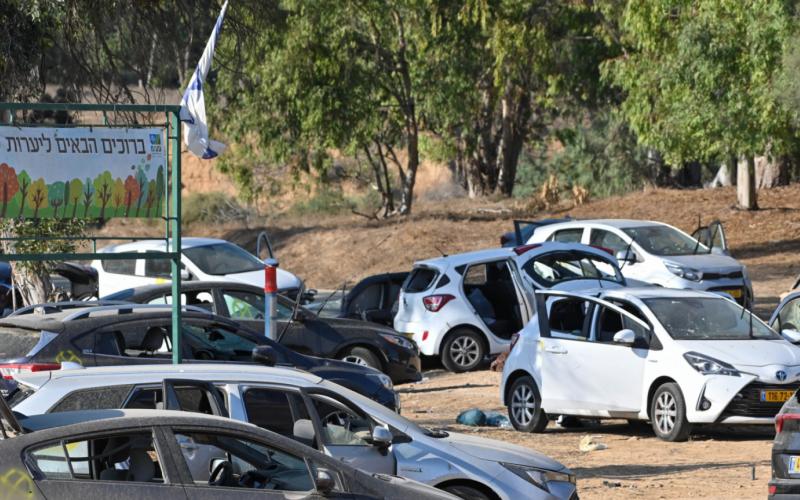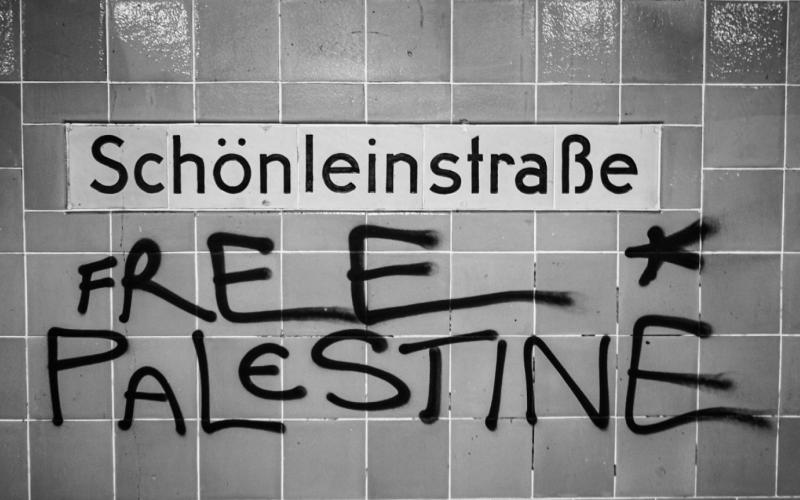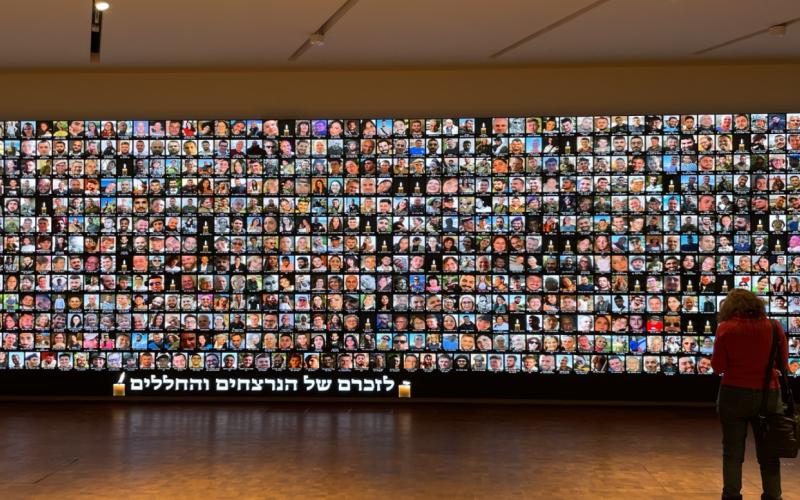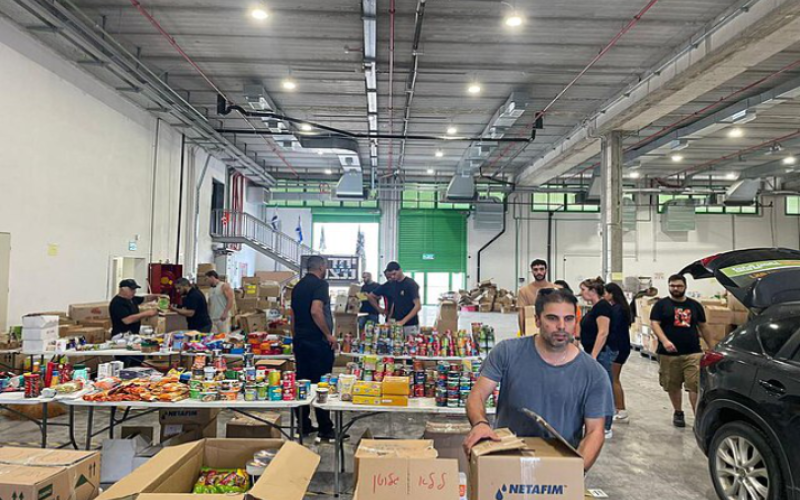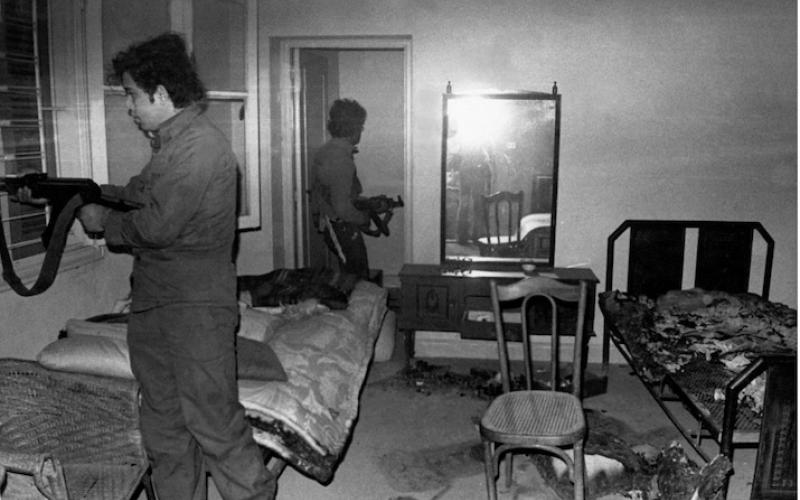Arab Israelis are originally Palestinian Arabs who were governed by the British Mandate until the UN Partition Plan of 1947. Following this UN resolution, a war broke out between the Jews and Arabs in the land. Arab countries intervened in the war in support of the Palestinians, but the Jews emerged victorious in the 1948 War and the State of Israel was declared as a Jewish-democratic state. The Arabs defined these events as 'Nakba’, which means catastrophe. One of the significant outcomes of the war was the Palestinian refugee problem; nearly half a million refugees left their country and arrived in neighboring Arab countries, including Gaza, which was controlled by Egypt, and the West Bank, which was controlled by Jordan after the 1948 War. Some of the refugees were internally displaced, remaining within the State of Israel but unable to return to their homes and lands. The internally displaced refugees and the Arabs who remained in their homes within the State of Israel became a minority and citizens of the state. Today, they make up almost 20% of the country's citizens. The distribution of Arabs in Israel is as follows: most are Muslims, with some being Christians and Druze.[1]
The vast majority of Arab Israelis oppose the events of October 7 for three reasons: First, they oppose the murder of innocent civilians. Second, they oppose the instability in the country where they live. The third reason is that Arab Israelis view peace between Israel and the rest of the Arab world as a factor that encourages the alignment of their national-Arab identity with their Israeli citizenship. They demand full equality with the Jewish majority in the country and the removal of discrimination in budgets and access to government and academic positions.
The central argument of the article is based on the positions of the leaders of Arab Israelis, particularly the representatives of Arabs in the Knesset of Israel, according to the most recent parliamentary elections in 2022. In these elections, approximately 53.2% of Arab citizens in Israel voted in the 25th Knesset.[2] Mansour Abbas, one of the leaders of the Islamic Movement and head of the Ra'am party, which received 5 mandates in the Knesset (with 35.2% support from Arab Israelis), clarified his position and the position of the political mechanisms he represents in an interview with the American news channel CNN: “Any action taken against innocent people, against women, children, and adults, is inhumane, it contradicts the values of Islam, and we condemn it... We cannot ignore the fact that there is indeed a political struggle here, but the actions taken by the armed organizations, and their decision to use violence to achieve their goals – in retrospect, this has always failed”.[3]
Ayman Odeh and Ahmad Tibi also express a similar stance. They represent the Joint List (Al-Qa'imah Al-Mushtarakah), which received most of its votes from Arab Israelis (5 mandates, 28.8% of the Arab votes). Ayman Odeh argued that nothing justifies harming innocent people and condemned the behavior of Hamas, which killed both Jews and Arabs in Israel. He also condemned the harm to innocent people in Gaza and claimed that peace based on a two-state solution is the way to prevent such harm.[4]
Arab Member of Knesset Ahmad Tibi established a support center for Jewish and Arab citizens operated by Jewish and Arab volunteers (following the events of October 7), including assistance for families of missing persons. Tibi clarifies his position: “Only a political solution, without siege and occupation, will bring hope and a different future. Without collective punishment and, most importantly, without harming civilians here and there because the number of civilian casualties on both sides is incomprehensible”.[5]
It should be noted that between them, these Arab parties received 65%, and thus the majority of their votes were from Arab citizens of Israel in the last Knesset elections in 2022. On the other hand, it should be emphasized that these parties oppose the Israeli occupation of the territories captured by Israel in 1967. They view the establishment of a Palestinian state alongside Israel and a solution to the Palestinian refugee issue as an alternative to the conflict between Palestinians and Israel. Additionally, they believe that returning the Golan Heights to Syria, since it was captured in 1967 and annexed in 1981, is a necessary step for ensuring overall peace in the Middle East.
Despite the fact that Arab Israelis are part of the Palestinian people, the balance of relations between them and the Jewish majority, as well as between them and Israel state has been maintained after the events of October 7. This is true despite the restrictions on freedom of expression and the limitation of protests against the war following these events. This claim does not exclude the occurrence of isolated incidents that do not reflect the overall relations between the parties. [6]
On October 26, 2023, a Jewish-Arab conference, initiated by the Higher Monitoring Committee (whose members are Arab Knesset members and heads of local Arab councils in Israel), was supposed to take place, but the event was canceled by police order. In response, the Chairman of the Monitoring Committee, Muhammad Barakeh, held a press conference in which he made it clear that the Monitoring Committee unequivocally condemns the harm to innocent people, both Jews and Palestinians. At the same press conference, former MK Avraham Burg also appeared and claimed that Hamas had committed “despicable acts”. Israeli media, however, largely ignored Barakeh’s statement, as well as similar statements by Odeh and Tibi, indicating that they are either not interested in Arab Israeli positions or refuse to acknowledge that they actively opposed Hamas’s violent attack.[7]
It should be noted that some Arab citizens of Israel vote for Zionist parties, and in the last elections, they represented 14.2% of the Arab votes. Naturally, their positions align with those of the parties they support, meaning they oppose the events of October 7 as part of their integration as citizens within the state and their coexistence with the Jewish majority.[8] A prominent example of this position is the Arab-Israeli journalist Lucy Aharish.[9]
It can be summarized that Arab Israelis are citizens of the state of Israel. Their stance on the events of October 7 is based on their desire to reconcile their Israeli citizenship with their personal and national-Arab identity. They empathize with both the Jewish victims living alongside them in the state and the Palestinian victims who are part of their own people. Their central political aspirations are full equality in rights as citizens and the achievement of a comprehensive peace between Israel and the Arab world, which could strengthen the alignment between their Israeli citizenship and their personal and national-Arab identity.
[1] Ilana Kaufman, Arab Society in Israel, Volume I, החברה הערבית בישראל (כרך א), Raa’nana: Open University 2015.
[2] "Election results in Arab communities”, ,"תוצאות ההצבעה ביישובים הערביים"Tel Aviv University, Institute for National Security Studies: Innovative and Policy-Oriented Research (INSS).
[3] "Mansour Abbas condemns Hamas's action: Inhumane and unjustifiable act", "מנסור עבאס מגנה את פעולת חמאס: מעשה לא אנושי ובלתי ניתן להצדקה",Ma’rikhit, ice 2.12.2023
[4] https://www.hamichlol.org.il מתקפת_הפתע_על_ישראל_(2023)#_תגובות_החברה_הערבית/ Tweet by Ayman Odeh (أيمن عودة Ayman Odeh) on the social network X (Twitter), October 10, 2023
Tweet by Ayman Odeh (أيمن عودة Ayman Odeh) on the social network X (Twitter), October 11, 2023
[5] Neta Ahituv, "Jewish and Arab Guards Side by Side: This Time, There Are Those Who Will Do Everything to Prevent a Repeat of Operation Guardian of the Walls”, "משמרות של יהודים וערבים, זה לצד זה: הפעם יש מי שיעשו הכל כדי ששומר חומות לא יחזור" ,Haaretz website, October 12, 2023.
[6] "Arab-Jewish relations in the shadow of the war", "יחסי ערבים–יהודים בצל המלחמה", Tel Aviv University, Institute for National Security Studies: Innovative and Policy-Oriented Research (INSS).
[7] Oren Persico, “The Israeli Media Ignored the Condemnations of the Massacre”, "התקשורת הישראלית התעלמה מהגינויים לטבח", Ha’yen Hashvia’it, December 26, 2023
[8] "Election results in Arab communities”, ,"תוצאות ההצבעה ביישובים הערביים"Tel Aviv University, Institute for National Security Studies: Innovative and Policy-Oriented Research (INSS).
[9] “Lucy Aharish:The six hostages were alive two days ago”, “לוסי אהריש: ששת החטופים היו בחיים לפני יומיים”
Zitation
Mohammad Shukrrie Khalaf, The position of Arab Israelis on the events of October 7, 2023, in: zeitgeschichte|online, , URL: https://zeitgeschichte-online.de/themen/position-arab-israelis-events-october-7-2023

